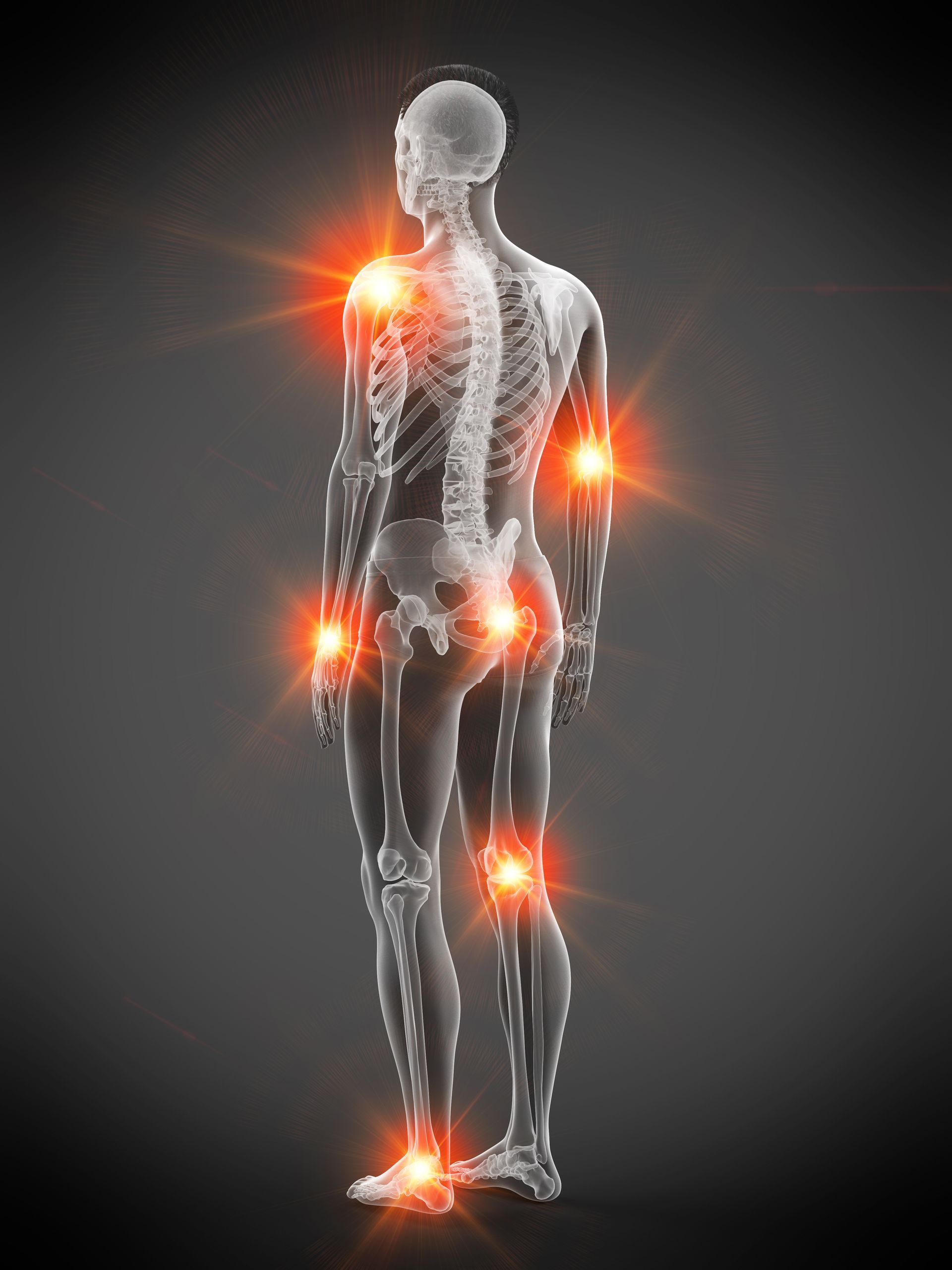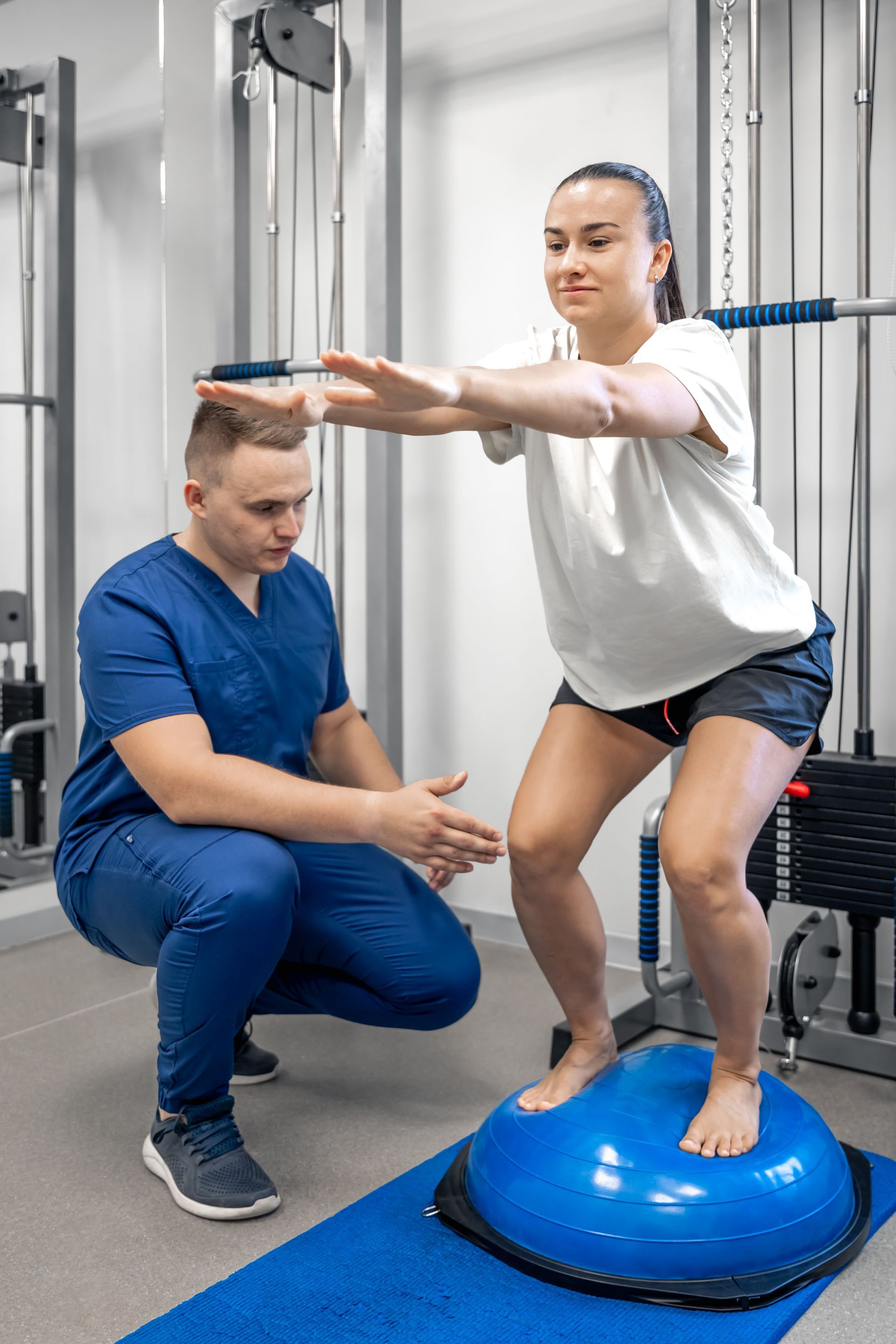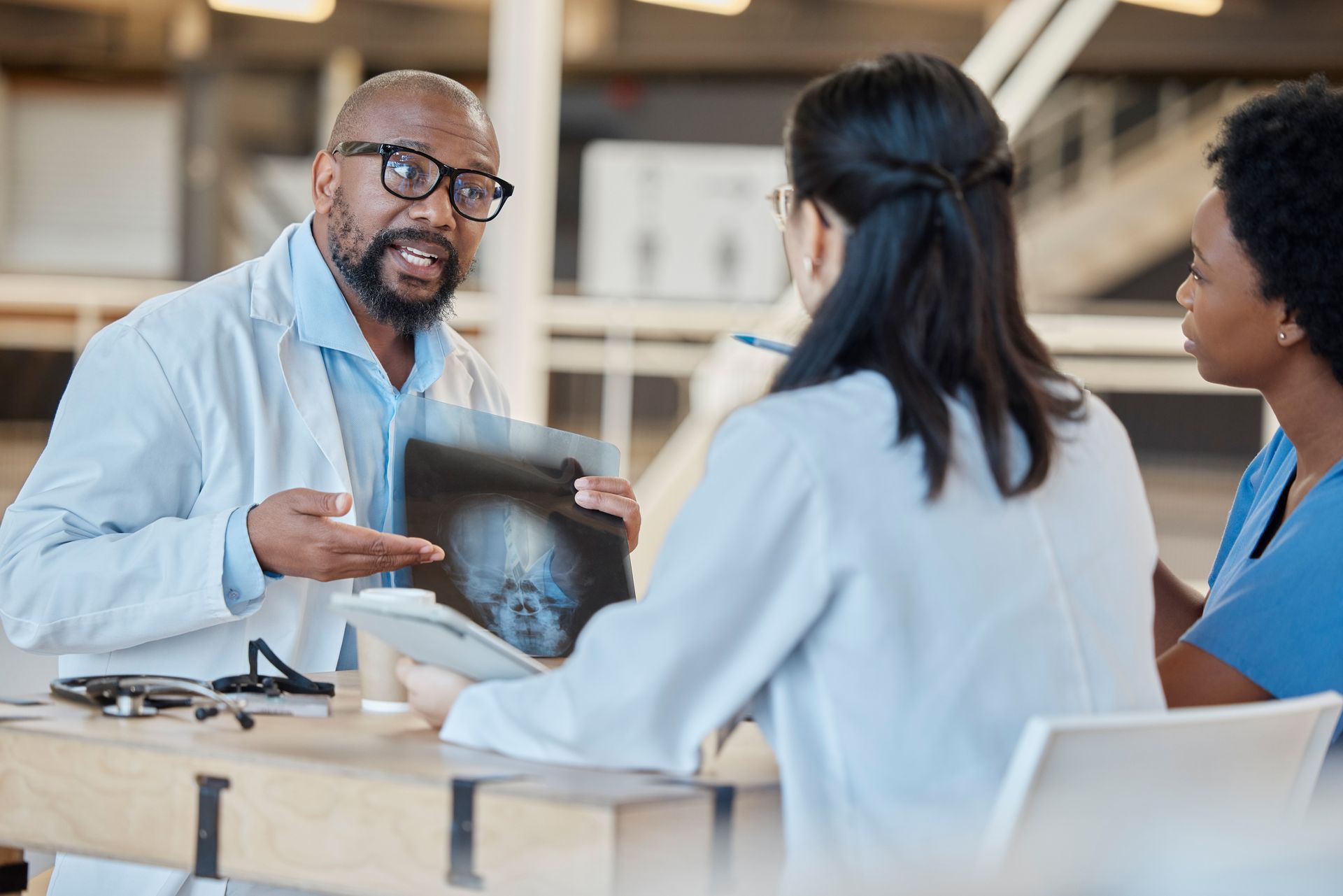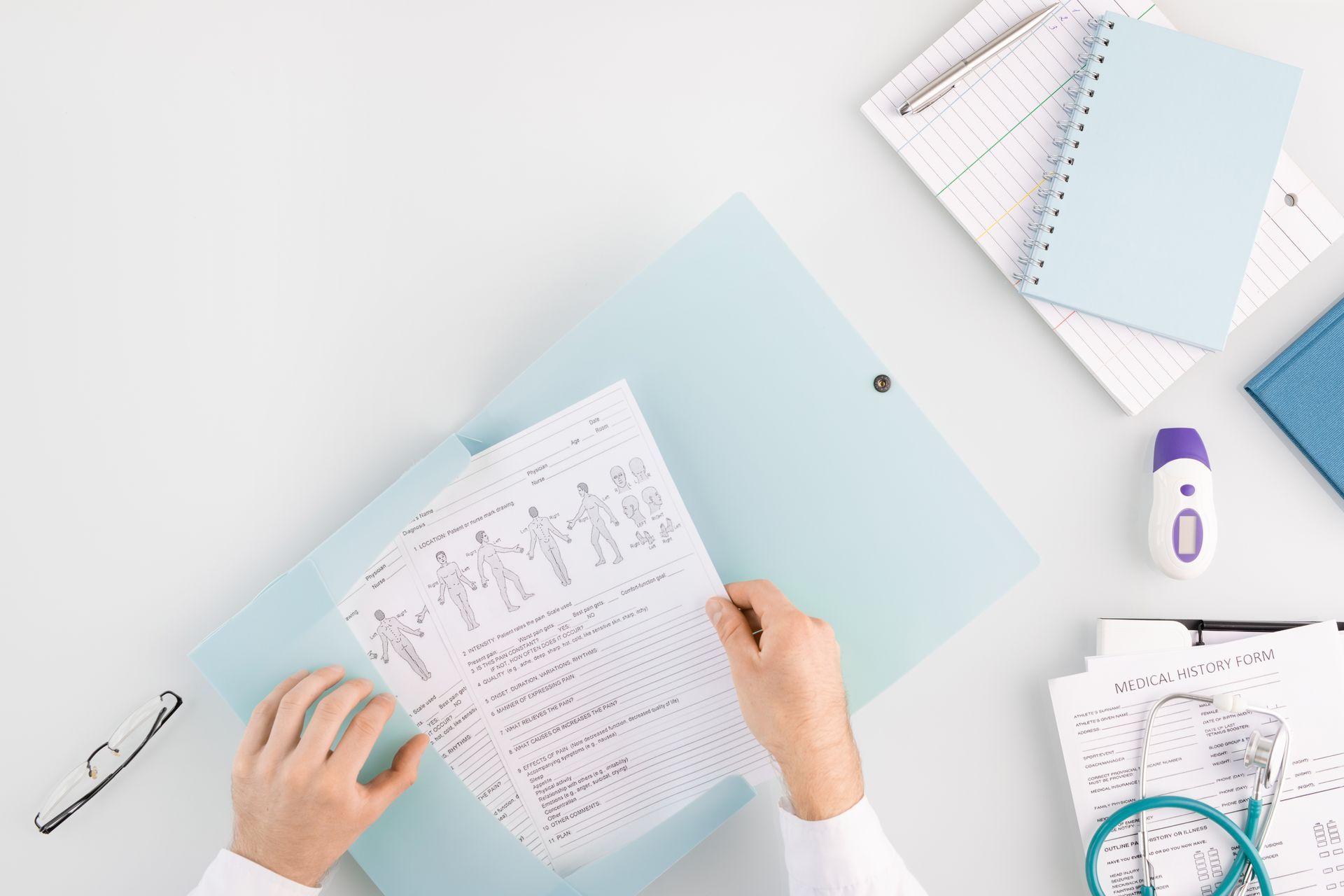Should I See a Doctor Even If I Feel Fine?
Why It’s Important to Get Checked After an Accident,
Even When You Don’t Feel Injured
After an accident, it’s natural to feel like you’re okay, especially if you don’t experience any immediate pain or discomfort. However, just because you feel fine doesn’t mean you should skip seeing a doctor. Many injuries, including some of the most serious ones, don’t show symptoms right away. In this blog, we’ll explore why it's important to seek medical attention after an accident, even if you don’t feel injured, and how doing so can protect your health and legal rights.
Why Seeing a Doctor Matters, Even If You Feel Fine:
It’s common to brush off medical care after an accident, thinking that no visible injury means no need for a doctor. However, some injuries may not show symptoms for hours, days, or even weeks. Delaying medical care can make recovery more difficult, and could also impact your ability to file a personal injury claim if needed. Let’s take a closer look at why seeing a doctor after an accident is always a good idea.
Some Injuries Are Hidden
Injuries with Delayed Symptoms:
Certain injuries, like whiplash, concussions, or internal injuries, may not present obvious symptoms right away. For example:
- Whiplash: A common injury in car accidents, whiplash can cause stiffness, headaches, and neck pain, but these symptoms might not appear until hours or even days after the incident.
- Concussions: A mild traumatic brain injury, concussions can cause dizziness, memory issues, and confusion, but symptoms might be subtle at first.
Some Injuries Are Hidden
Injuries with Delayed Symptoms:
Certain injuries, like whiplash, concussions, or internal injuries, may not present obvious symptoms right away. For example:

Long-Term Effects of Untreated Injuries
Even if you feel fine right after an accident, neglecting medical treatment could lead to long-term health issues. For instance, a small spinal injury or a concussion that goes untreated could cause chronic pain, mobility issues, or permanent brain function problems in the future.

Preventing Future Complications
Seeking medical attention as soon as possible ensures that your injuries are diagnosed and treated properly, reducing the likelihood of future complications. Doctors can recommend physical therapy, medication, or lifestyle changes to prevent chronic conditions from developing.
Documenting Your Injuries for Insurance and Legal Claims

Avoiding Disputes with Insurance
Insurance companies may question the legitimacy of your claim if you delay medical care. By seeking treatment right away, you establish that your injuries were caused by the accident and that you took the proper steps to recover. This can help you avoid complications with your insurance company and increase the chances of receiving fair compensation.
The Doctor Can Advise on Your Recovery
Creating a Treatment Plan:
After seeing a doctor, they can give you a clear treatment plan, including recommendations for recovery, follow-up visits, and referrals to specialists if necessary. Whether it’s pain management, physical therapy, or monitoring your condition, a doctor will help you stay on track and improve your chances of a full recovery.
Addressing Your Concerns:
Even if you feel fine, you may have questions or concerns about your health after an accident. A doctor can provide peace of mind by explaining what you might expect in the coming days, how to manage any discomfort, and what symptoms to watch for. This ensures you are fully informed and prepared for the recovery process.
Avoiding the Risk of "Minor" Injuries Becoming Serious
While it might seem unnecessary to see a doctor after an accident if you feel fine, doing so can protect your health and future. From identifying hidden injuries to ensuring a faster recovery, seeing a doctor right away provides benefits that last long after the accident itself. Additionally, it helps establish a medical record that supports your insurance and legal claims, ensuring you get the compensation you deserve.
If you've been in an accident and are unsure about whether you need medical attention, don’t wait—contact us today.
Our free helpline can connect you with trusted medical professionals who can evaluate your condition and help you take the necessary steps toward recovery.


